Make Love Not War: The Philosophy of a Hippie
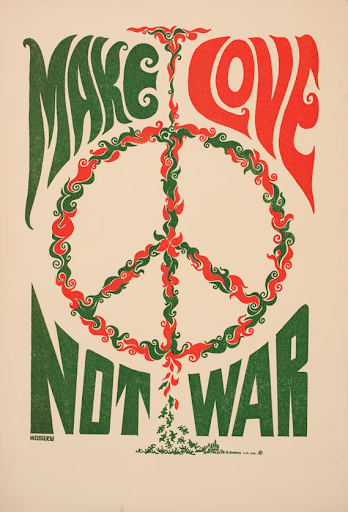
(Photo Source: Weisser)
November 15, 2022
Who Were Hippies?
For the most part, hippies were teenagers and young adults from the baby-boom generation. They felt alienated from middle-class society, which they viewed as corrupted by materialism and repression. Hippies developed their own lifestyle, which was often seen as unconventional. They experimented with communal living, practiced holistic medicine, and often adopted vegetarian diets.
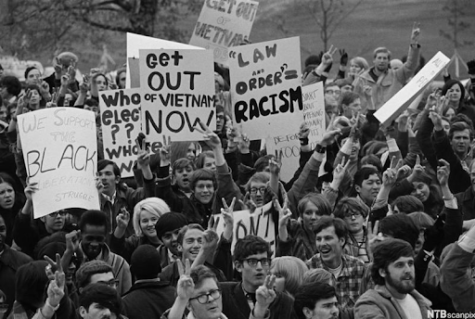
Prevalent throughout the 1960s and 70s, hippies were initially known for protesting the Vietnam war. They branched off from the earlier beatnik movement, a nonconformist group out of San Francisco. The name of “hippies” was formed because they were “hip” and aware of what was going on in the world around them. Though they were not directly engaged in politics, they acted for peace and rejected conformity, straying from the norms of society. Often, hippies conveyed their messages visually, as opposed to doing so with outward anger and violence.
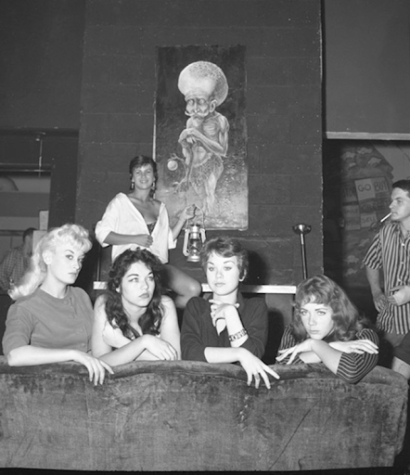
(Photo Source: AnOther Magazine)
The Hippie Look
Above all, peace signs were the most prominent symbol in hippie culture. While people may interpret this symbol in various, personal ways, it will always be symbolic of peace. Whether attending a protest, creating art, or putting together an outfit, hippies embraced the peace sign as a means of promoting their core values. Hippies even began giving the peace sign, which is a gesture people continue to use today.
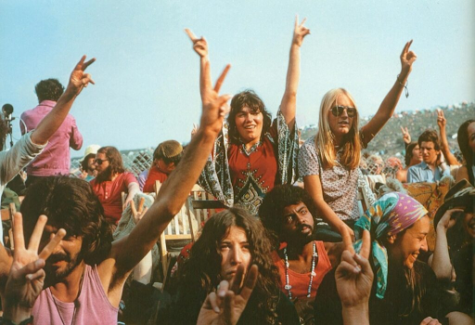
“Flower Power”, another common theme in hippie presence, was also used to express a love of nature, the earth, and the environment. Hippies would put flowers in their hair, wear images of them on clothing, and integrate them through art.
Long hair, psychedelic color patterns, and loose clothes were a common look among hippies as well. They tended to lean towards comfortable, out-of-the-ordinary styles, pairing outfits with big sunglasses and expressive jewelry.
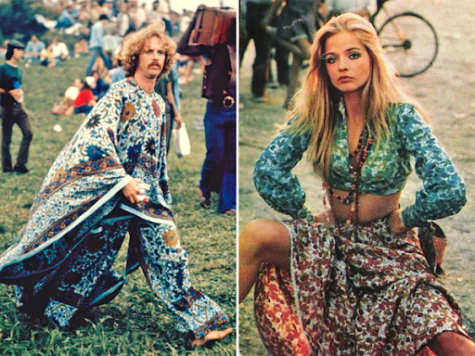
Peace, Love, Activism
Hippie culture led to the environmental movement, as well as the establishment of Earth Day in 1970. Though often mocked for being “tree-huggers”, hippies contributed a fundamental philosophy in caring for the environment. They promoted a way of life including recycling, organic food, vegetarianism, and forest preservation. Hippies also maintained the philosophy of “loving your neighbor”, and embracing diversity with optimism.

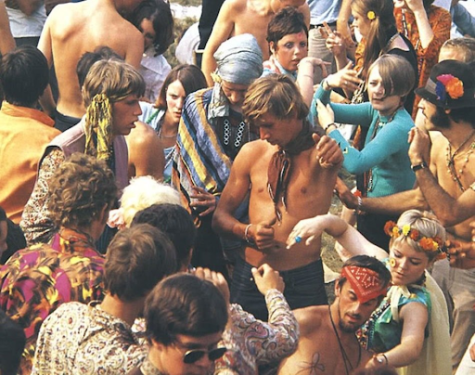
Unlike generations before them, hippies were not apathetic.
Hippies believed they had the power to change the world for the better.

Stephen Barnes • Nov 18, 2022 at 1:58 pm
I found this article pretty interesting; I was not aware of the origins of hippies. I think your illustration of them being some of the first culturally and politically aware peoples originating from the anti-materialistic viewpoint in the 20th century is new to me, and seems to make more sense than any other generalization possible. There should have been some reference to Woodstock, being one of the largest music festivals in history held by hippies, but overall, a great article.